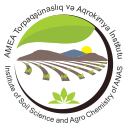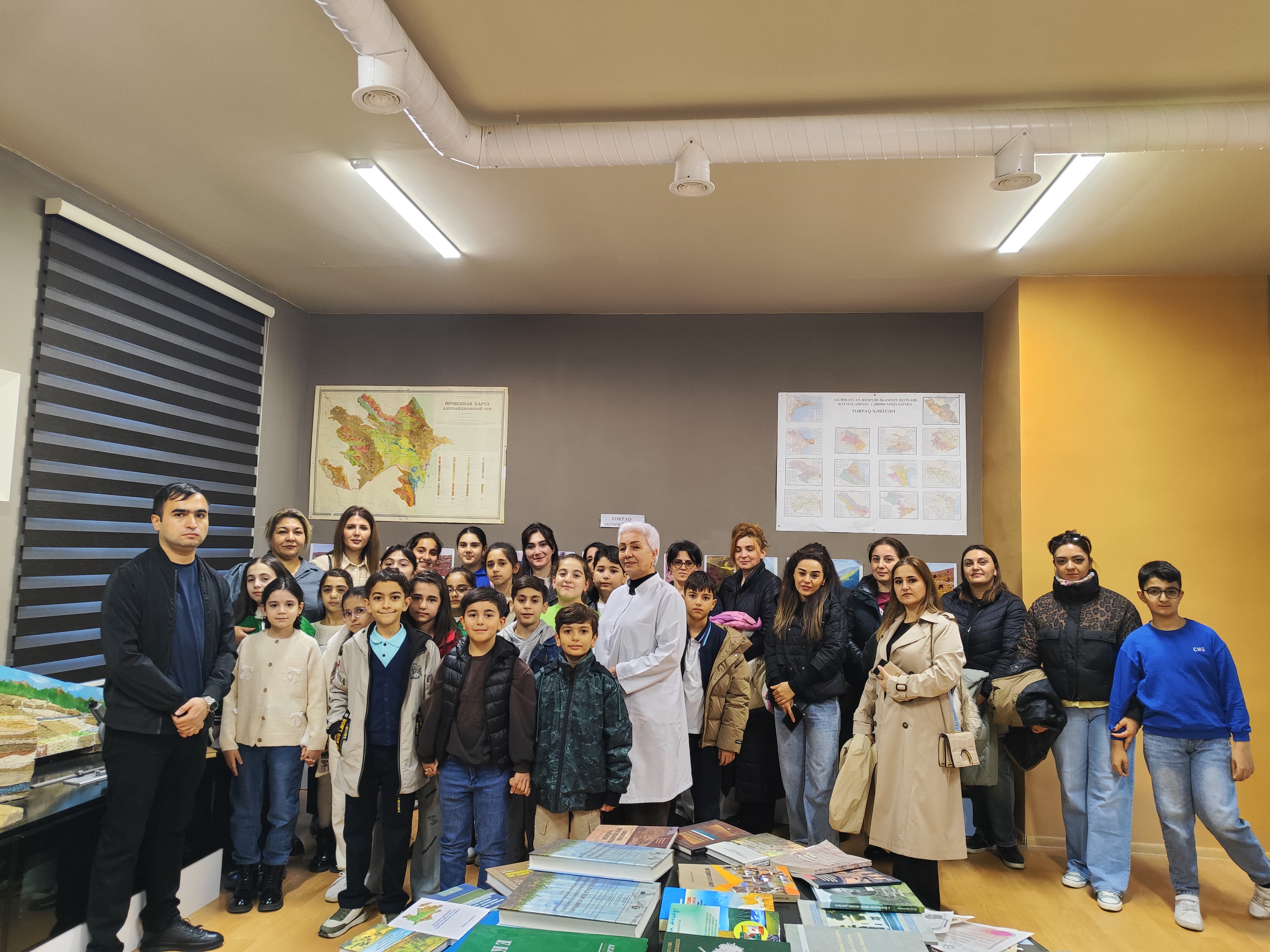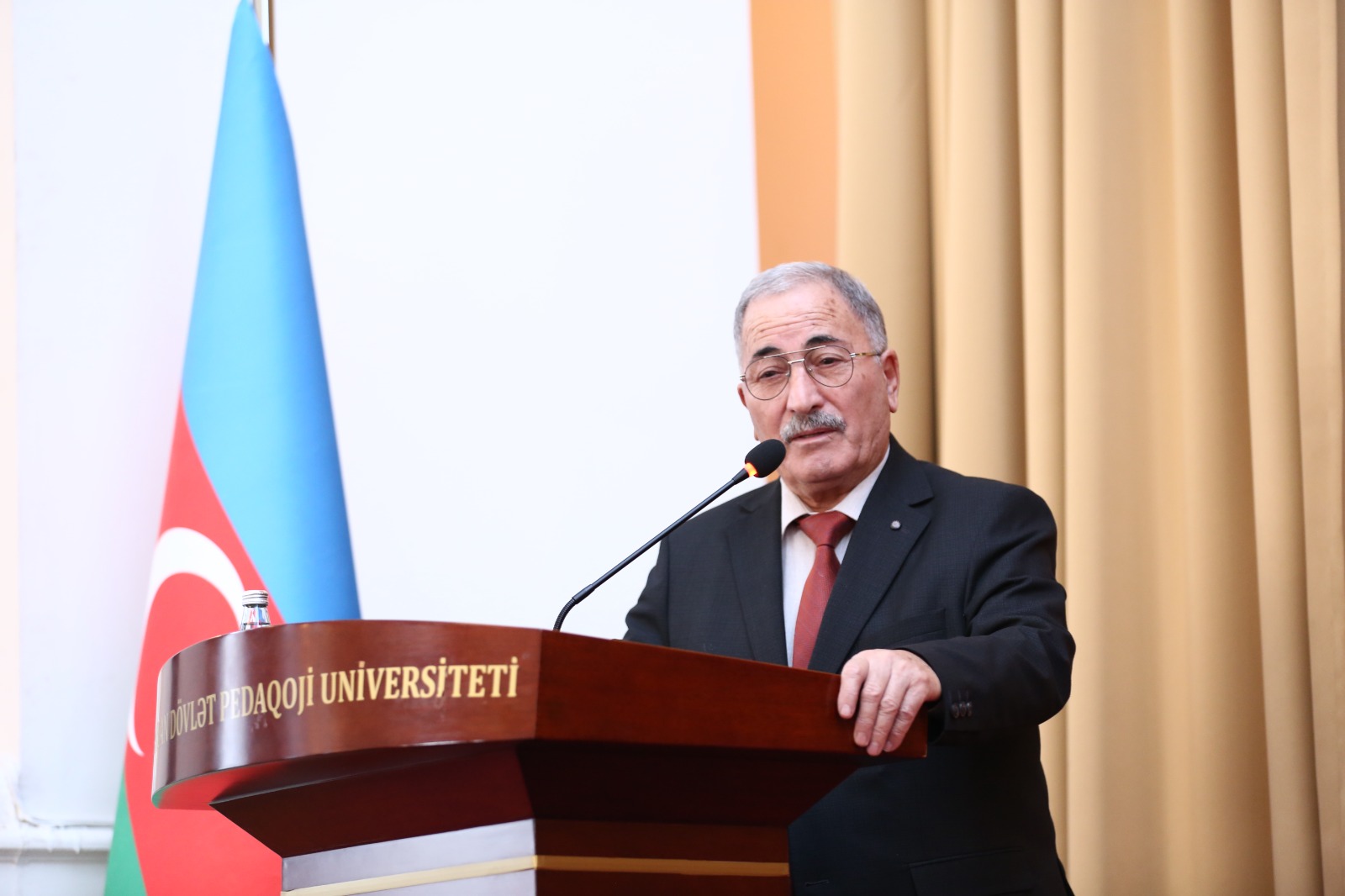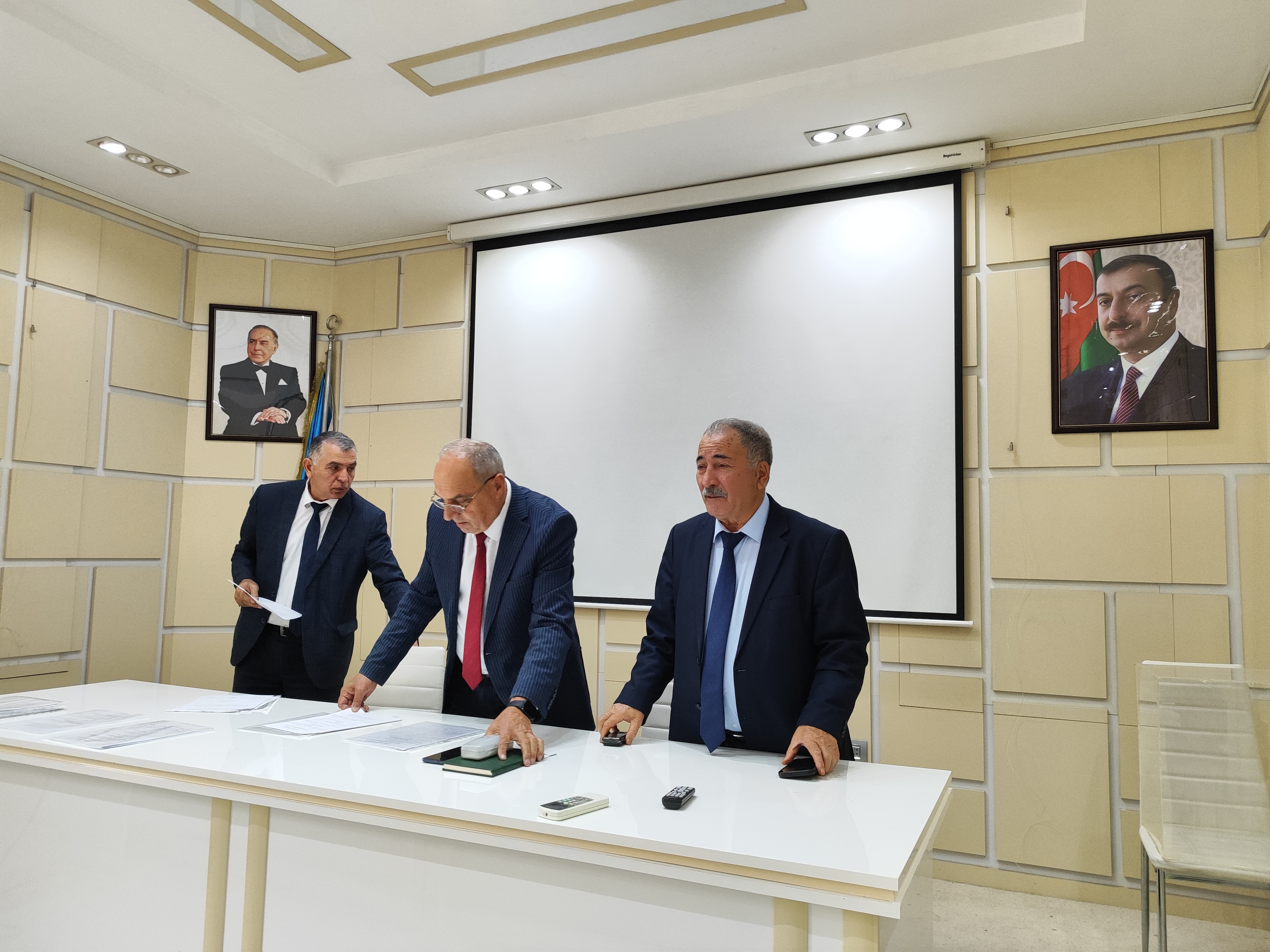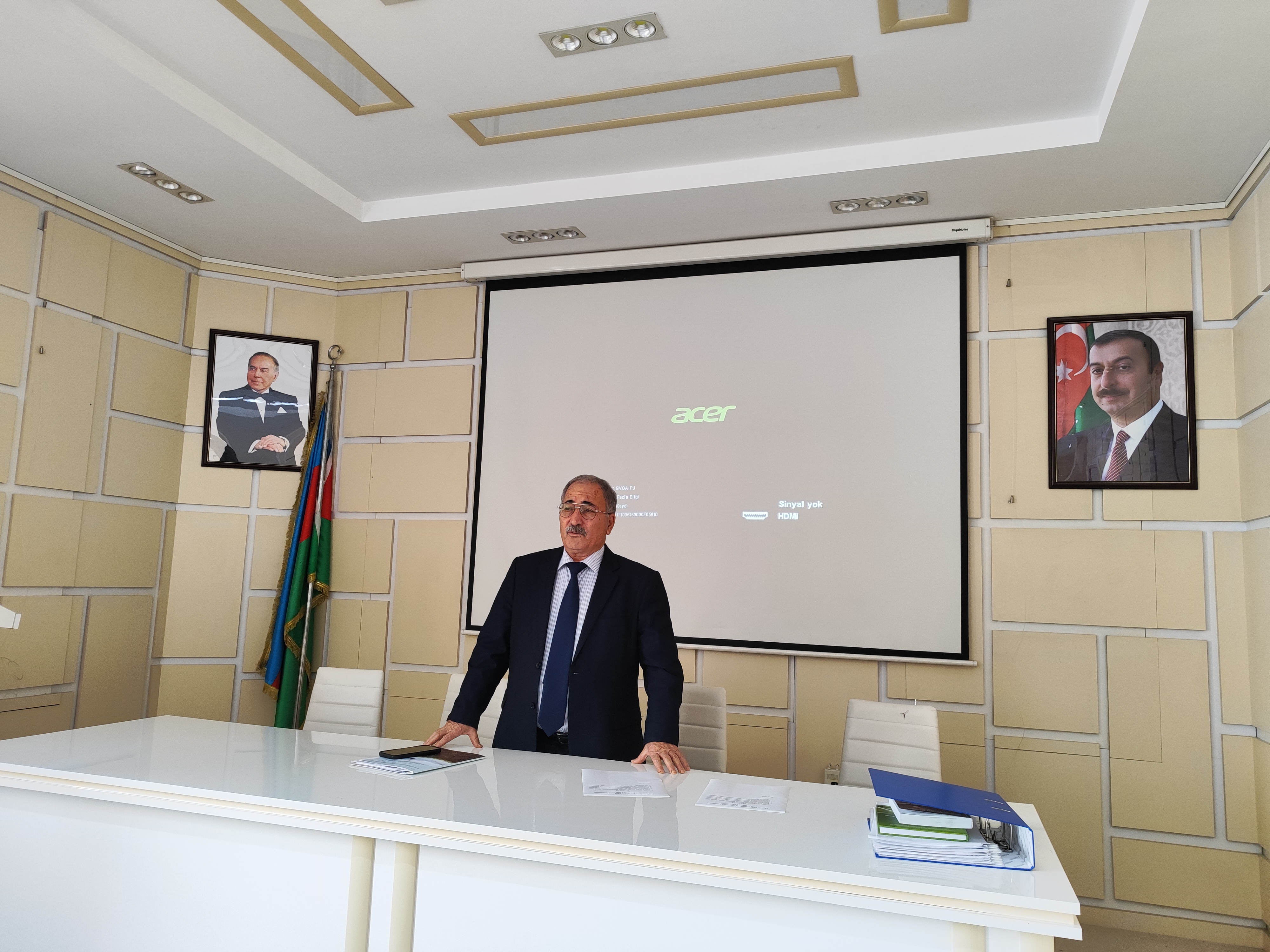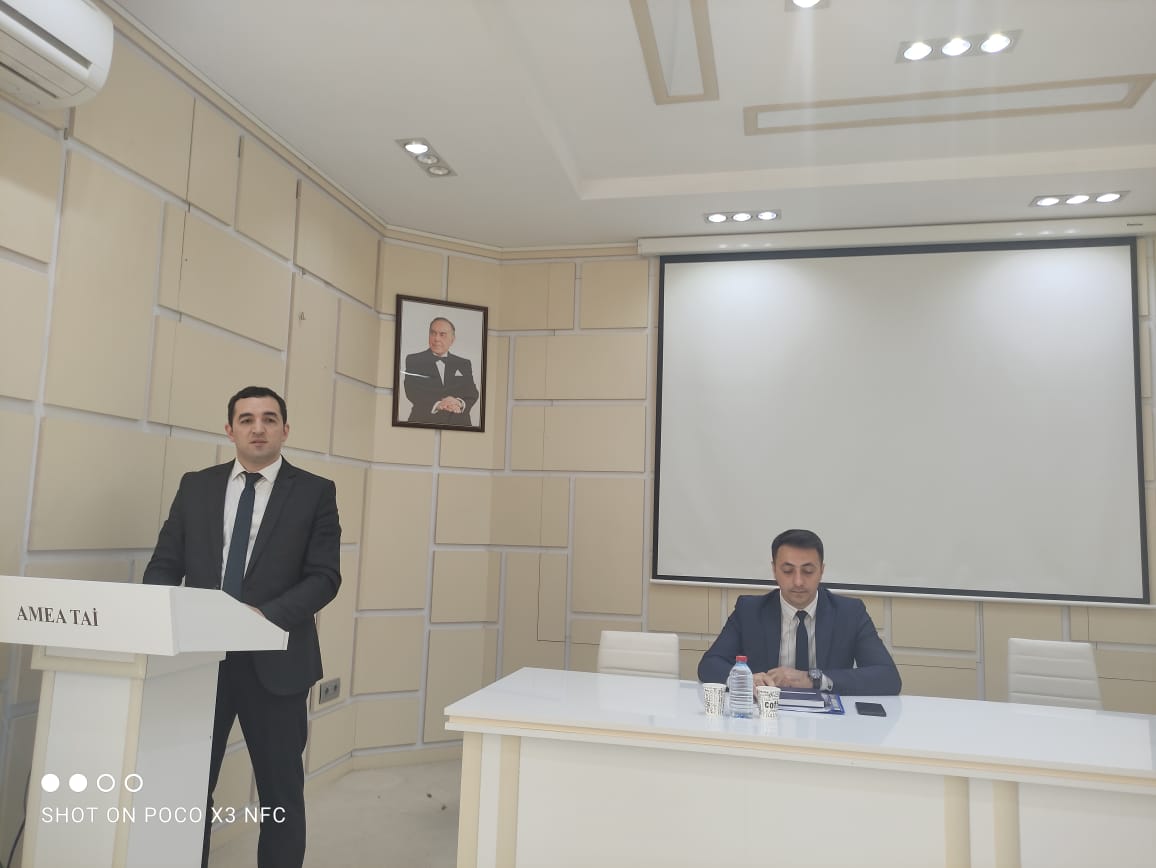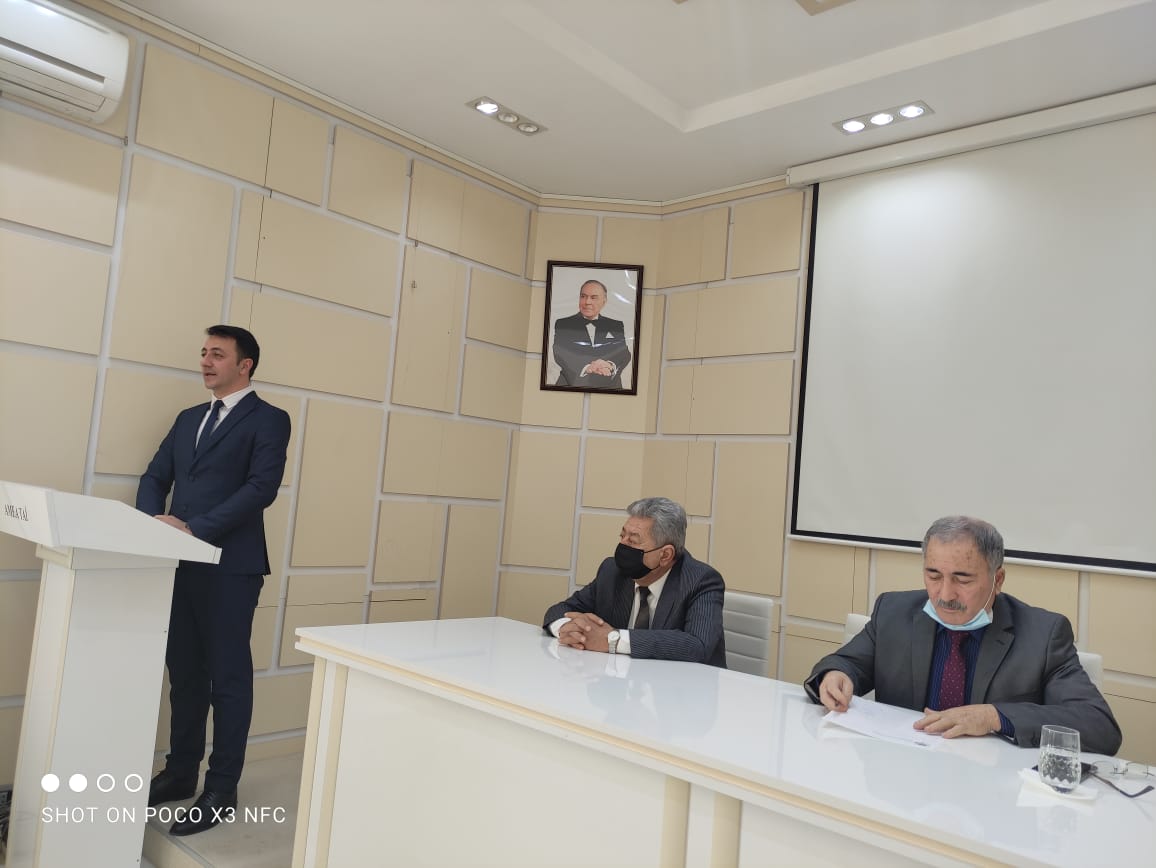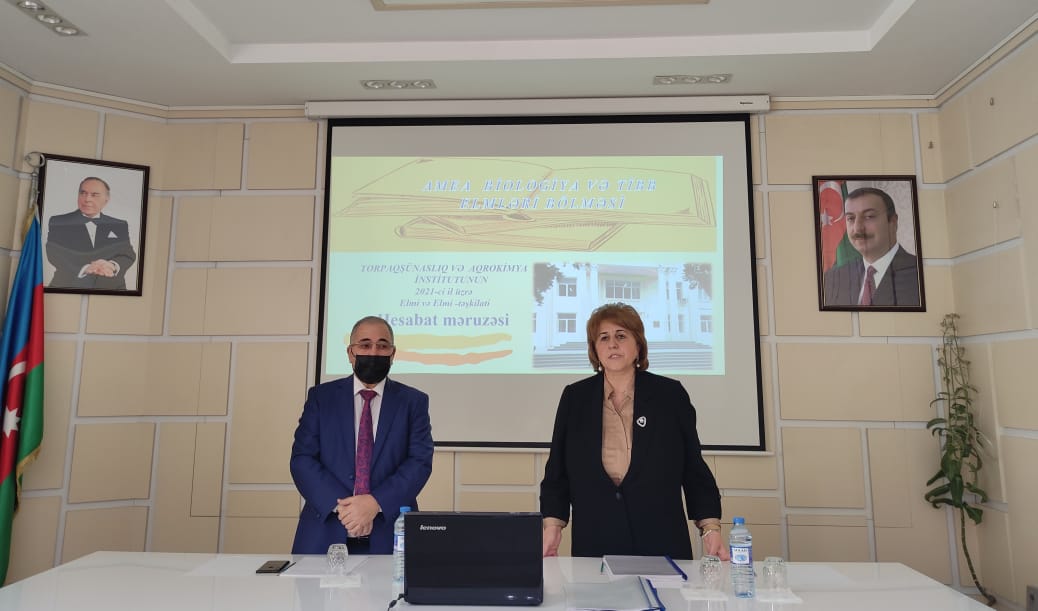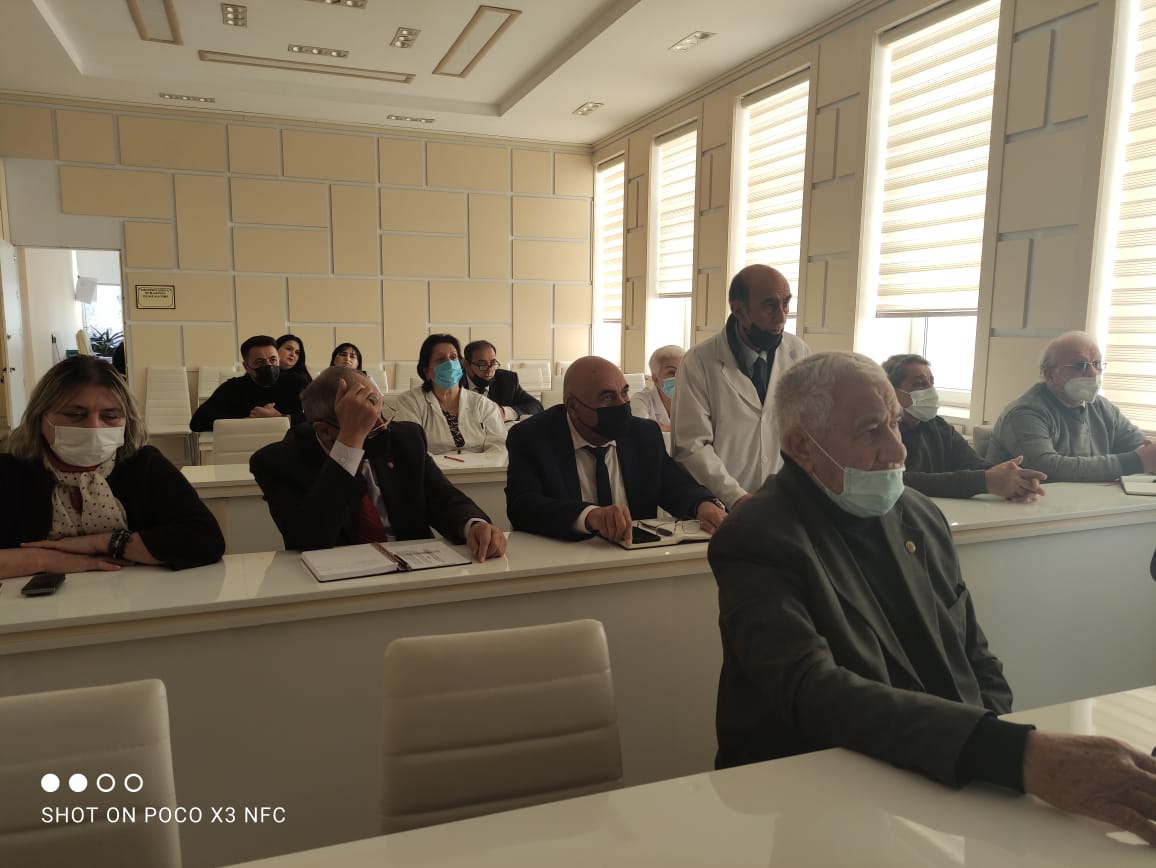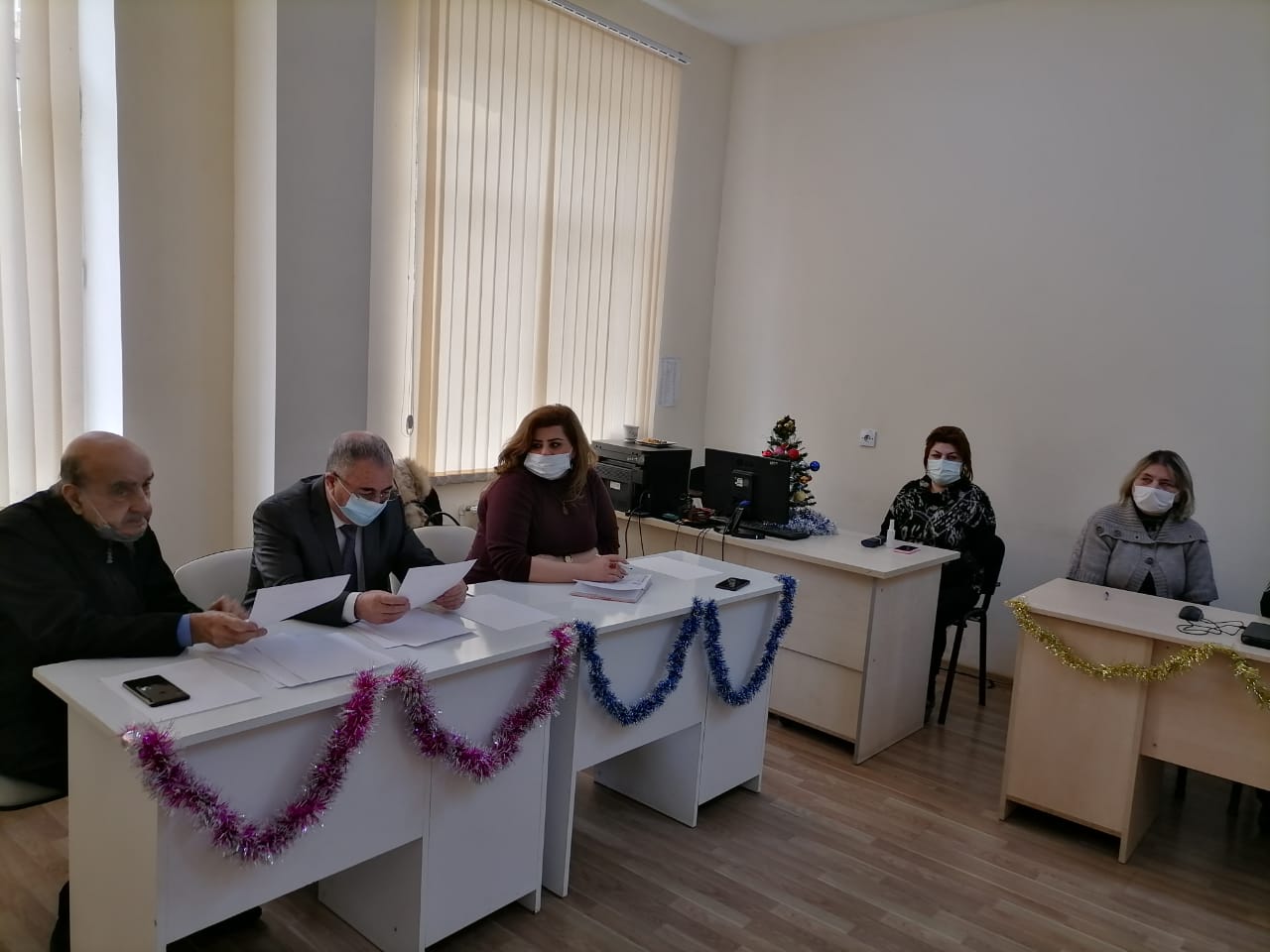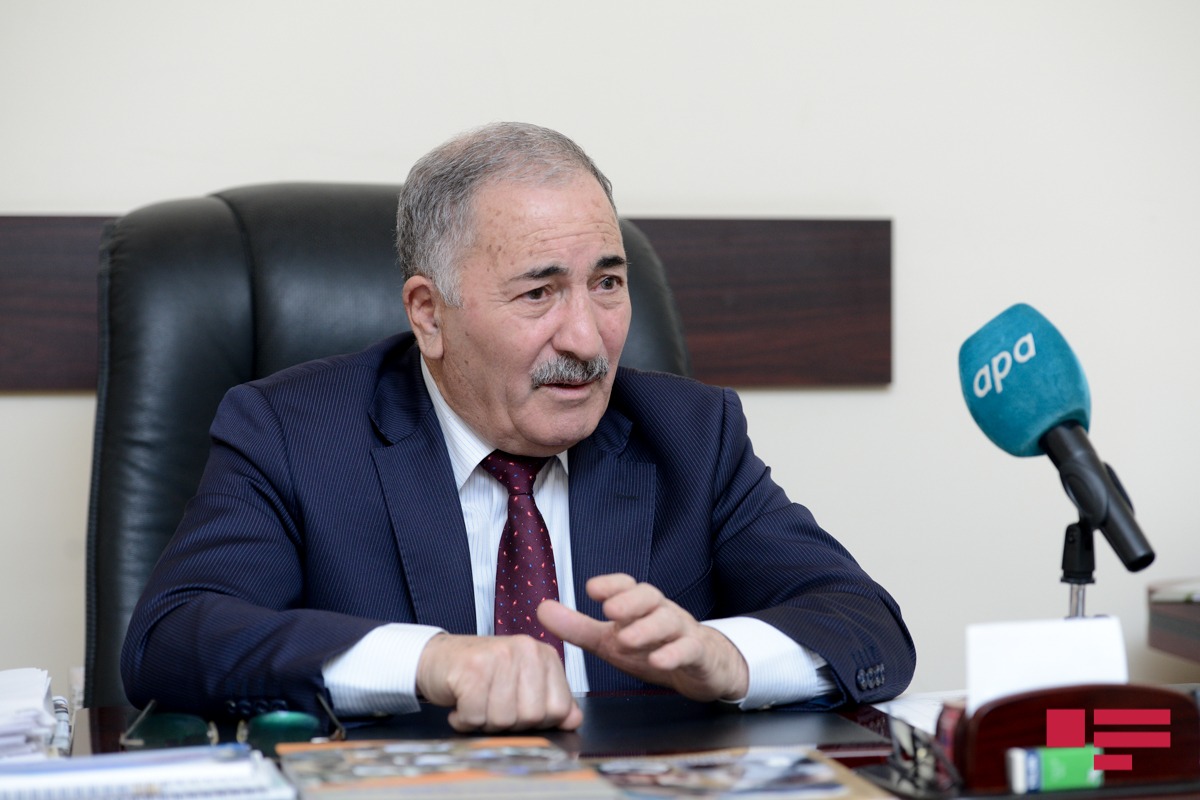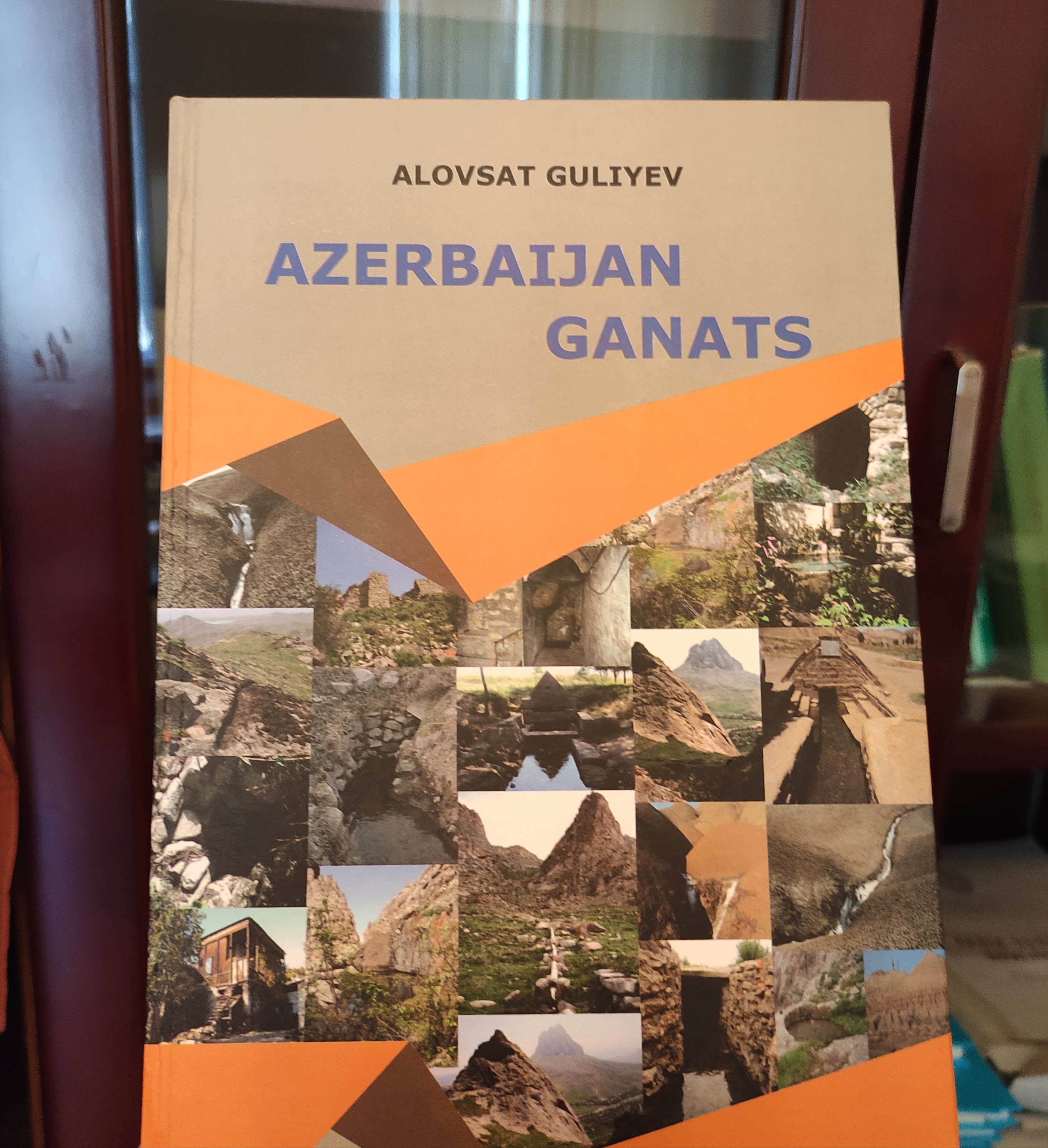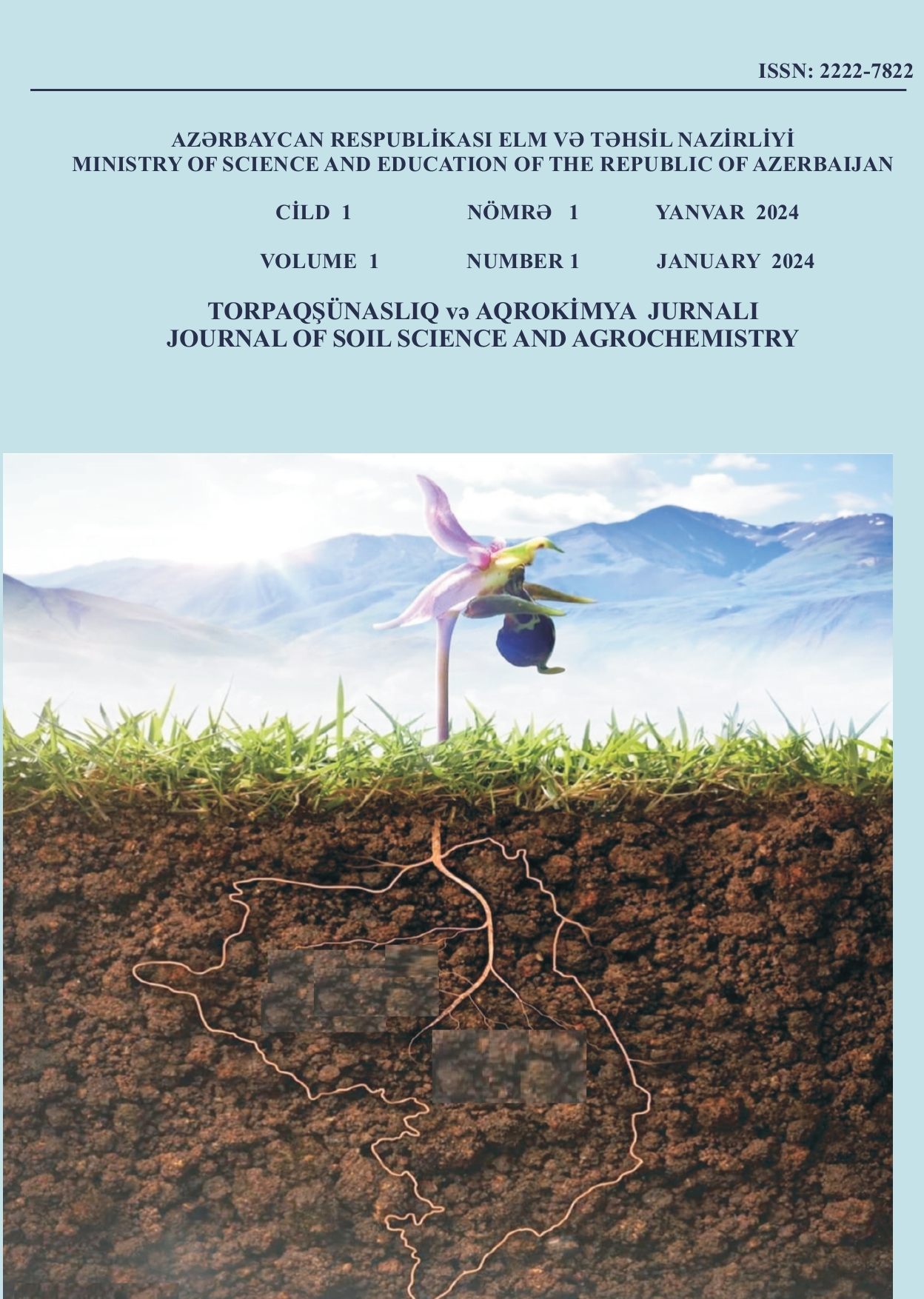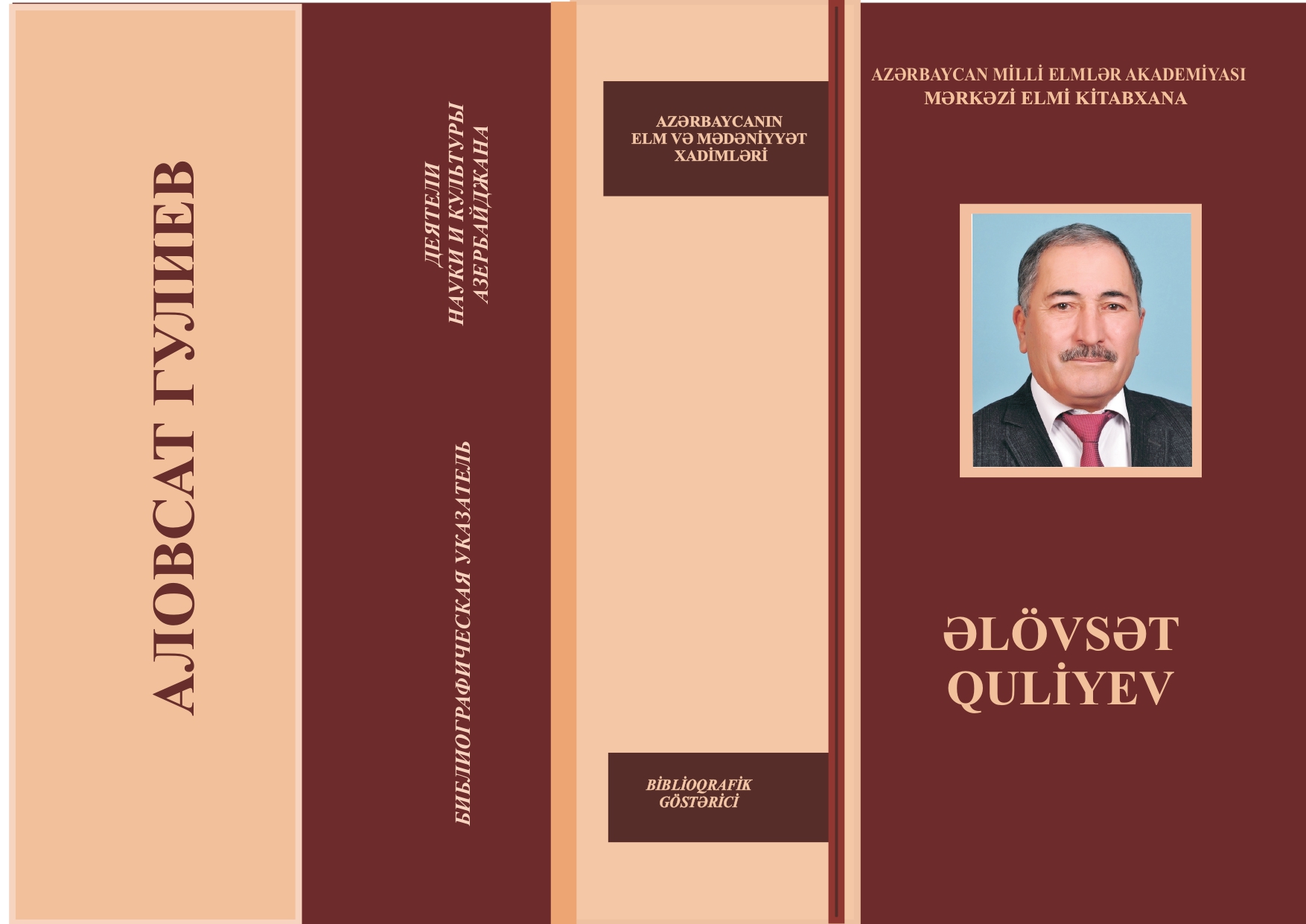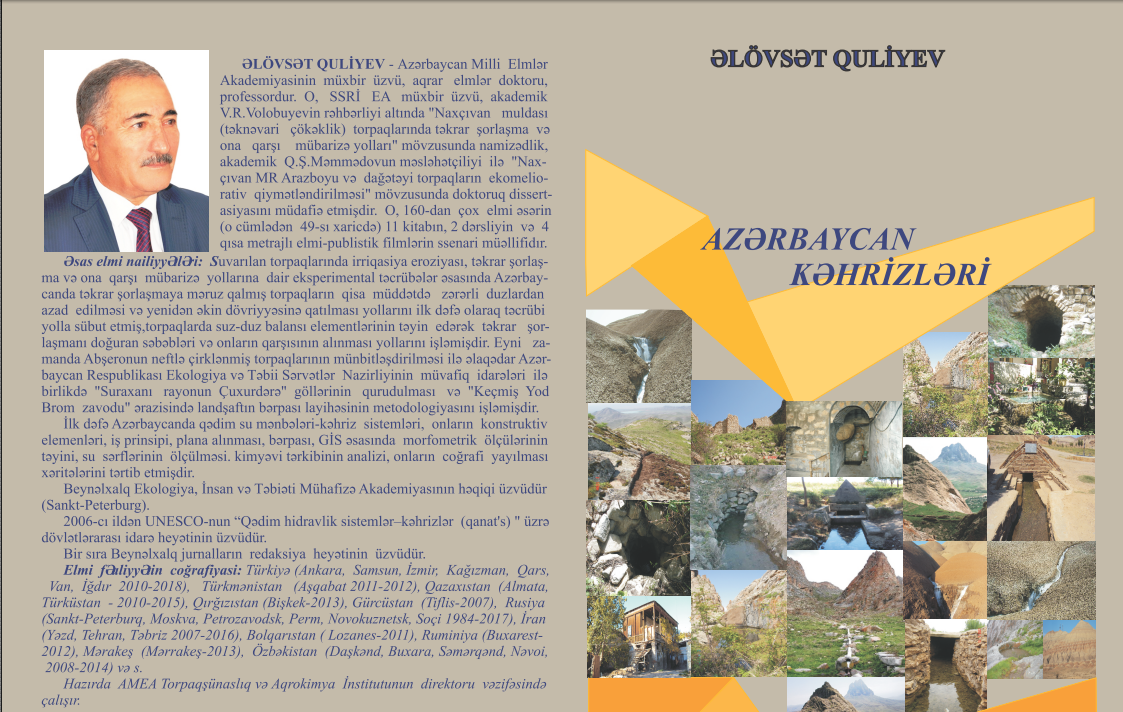The History of the Institute of Soil Science and Agrochemistry
The Institute of Soil Science and Agrochemistry was established in 1945 on the basis of the Soil Science sector of the Azerbaijan branch of the Academy of Sciences of the former USSR. The institute was headed by the following eminent scientists: prof. V.R. Smirnov-Loginov, Academician S.M. Huseynov, V.R. Volobuyev, M.M. Salayev, corresponding member of the Academy of Sciences, Academician G. Sh. Mammadov. Several scientific schools have been established at the institute: academician H.A. Aliyev - geography, ecology of soils; V.R. Volobuyev - land reclamation and energy; C.M. Huseynov - agrochemistry; M.M. Salayev - soil genesis, diagnostics; Under the leadership of Academician G. Sh. Mammadov, important results have been achieved in the fields of agroecology and ecological monitoring of soils. By Academician M.R. Babayev Anthropogenic - soil formation the scientific-theoretical bases of the process have been elaborated.
The main activities of the Institute of Soil Science and Agrochemistry
- Genesis of soils, modern nomenclature and classification according to international standards, development of theoretical bases of anthropogenic impact on irrigated soils and soil degradation;
- Scientific basis of land processes management;
- Conducting the State land cadastre in Azerbaijan on scientific basis, regionalization of land based on ecological fertility models and scientific analysis of land reform in the republic;
- Development of methods of recultivation of oil-contaminated lands in the Republic
- Mineralogical composition of soils, biological activity, ecological and agrochemical bases of humus condition research and fertility recovery;
- Environmental problems of agrochemistry;
- Compilation of a bank of agrophysical, optical and thermal properties of soils;
- Creation of an automated information system for the lands of the Republic, comparative analysis of the main indicators of the agro-ecological system and compilation of electronic maps of the lands of Azerbaijan;
- Study of the relationship between the reclamation character of the republic's lands, the degree of salinity and the productivity of agricultural plants.
- Scientific basis of land processes management;
- Protection of soils from erosion, restoration of degraded soil fertility and scientific basis of efficient use of soils;
- Creation of water-saving technical systems in irrigation, application in production, scientific research, experimental design, project-research, implementation of technological testing works;
- Based on the study of erosion and its development intensity, development of scientifically based land use guidelines for the military soil-plant system;
Main scientific results
An ecological assessment of the soils in the natural senoses of the Jeyranchol and Gobustan massifs of Azerbaijan was carried out and a 1:100,000 scale map-scheme was prepared.
Based on relief plastic and computer technology an ecological assessment map of land cover structures for 7 defined types (Scale 1:100000) was prepared in Absheron. (academic G.Sh. Mammadov, V.H. Hasanov).
As a result of long-term fundamental research conducted in Lankaran lands, a new concept of ecological assessment of lands was put forward, new methods of land assessment on agro-ecological basis are substantiated, a program for organizing environmental monitoring on fertility indicators was developed. "Soil Map of Azerbaijan" was prepared and published for the first time in the republic. (academic. G.Sh. Mammadov and others).
Social, economic and ecological bases of effective use of land resources in Azerbaijan have been worked out. Improvement and clarification of the methodical bases of land valuation and ecological fertility model parameters of land cadastral regions was carried out.
"Ecological Map of the Republic of Azerbaijan" was published in three languages, Azerbaijani, Russian and English. (academic. G.S. Mammadov, M.Y. Khalilov, S.Z. Mammadova, 2009). The scientific-theoretical and methodological aspects of agro-ecological problems of Azerbaijan have been investigated.
Improvement and comparative assessment of winter pasture land was carried out on the basis of ecological energy assessment. Taking into account energetic and micronutrient indicators on ecological scales, the rating score of semi-desert landscape complexes was determined. (academic. G.S. Mammadov, S.Z. Mammadova, A.B. Jafarov, A.F. Hasanova).
The environmental basis of increasing soil fertility, managing the balance and regime of plant nutrients, the regional fertilization system and the level of soil pollution with heavy metals have been determined.
Environmental-energetic assessment of winter pasture lands and landscape complexes at a differential level was determined taking into account plant and animal demand.
The morphogenetic diagnosis and classification of alluvial-hydromorphic soils of the river valleys of Azerbaijan have been defined and mapped. (Processing by means of Eisenia Foetida worms).
On the basis of ecological monitoring of soils, ways of optimizing fertility parameters, maintaining the natural state of snozes and increasing productivity have been developed.
For the first time, the "Soil organic carbon map" of Azerbaijan was prepared and integrated into the relevant world map.
